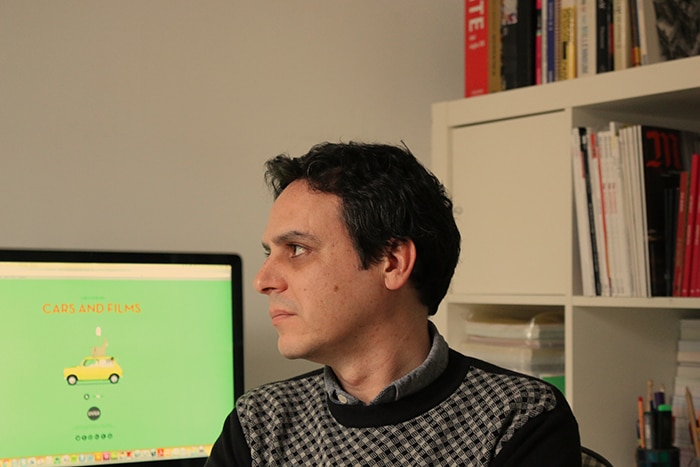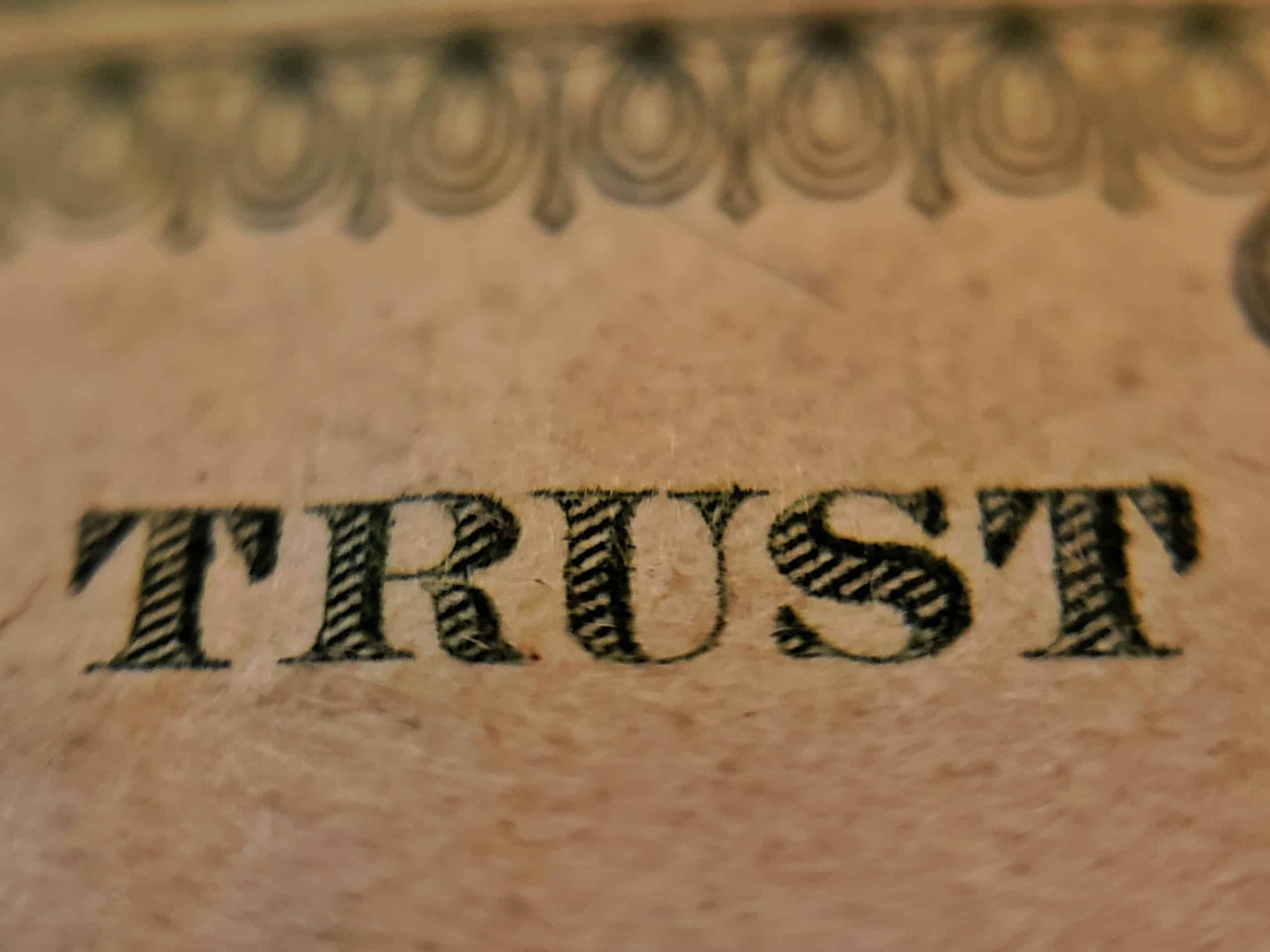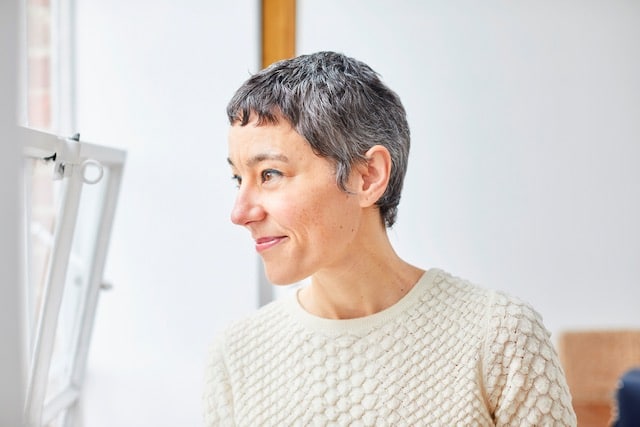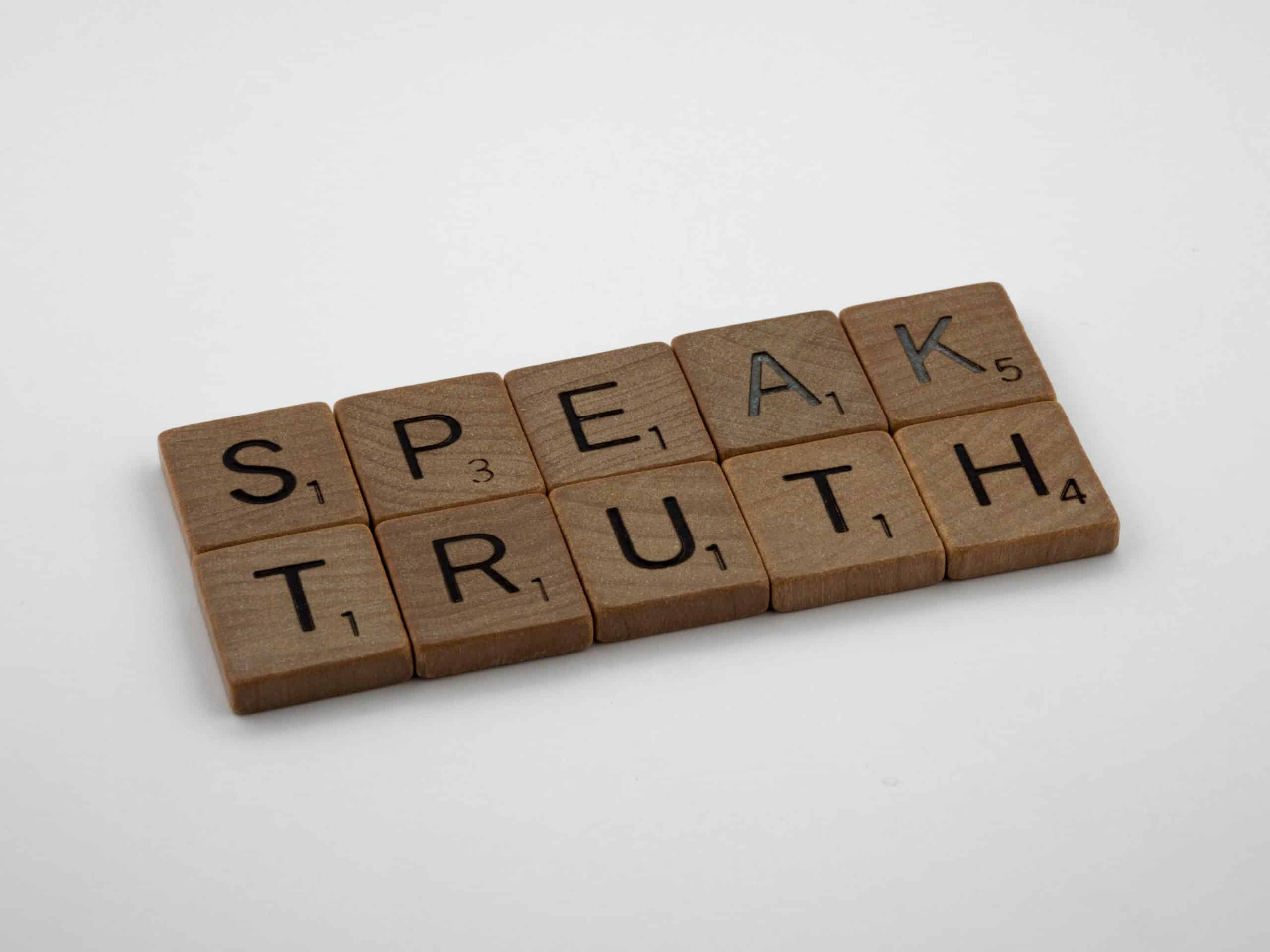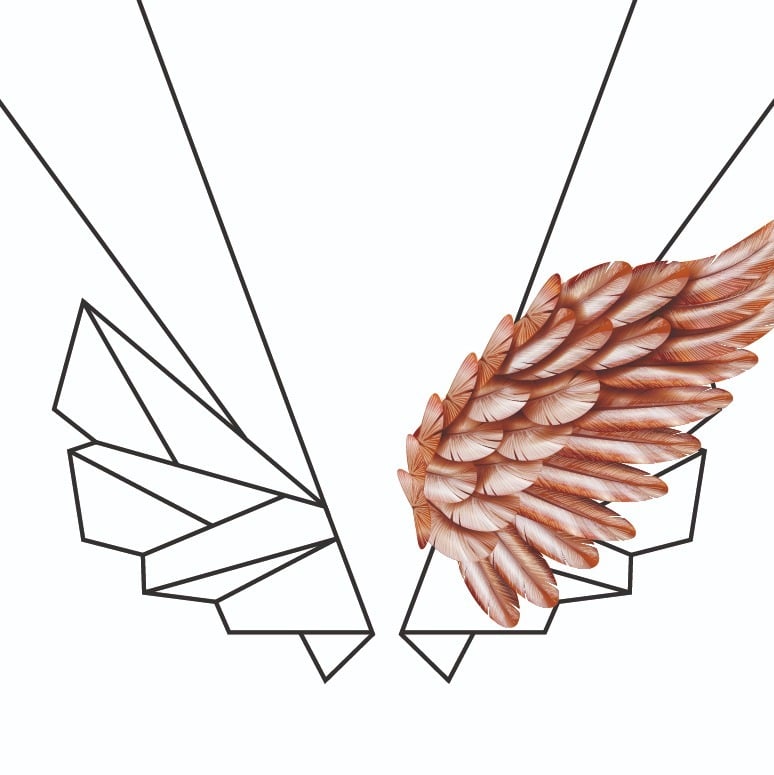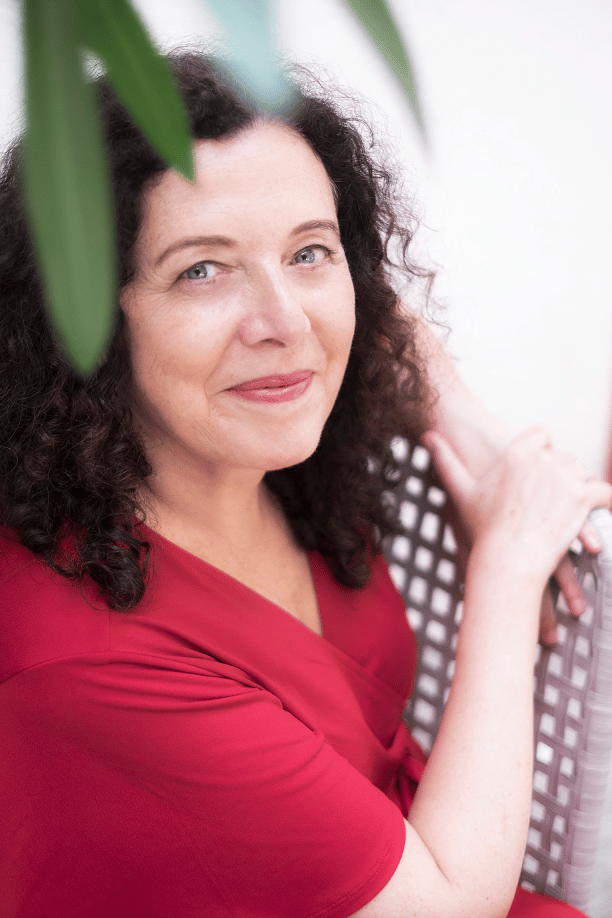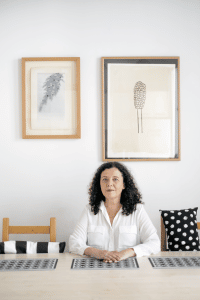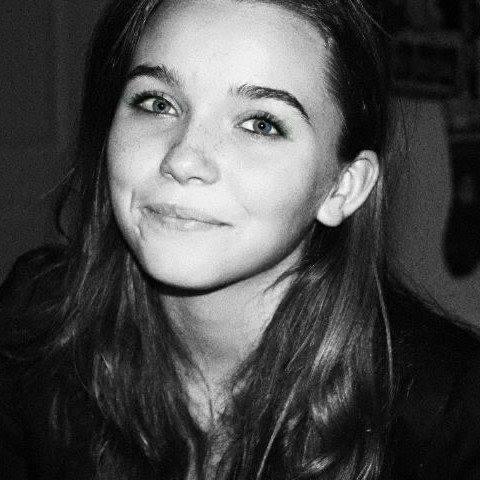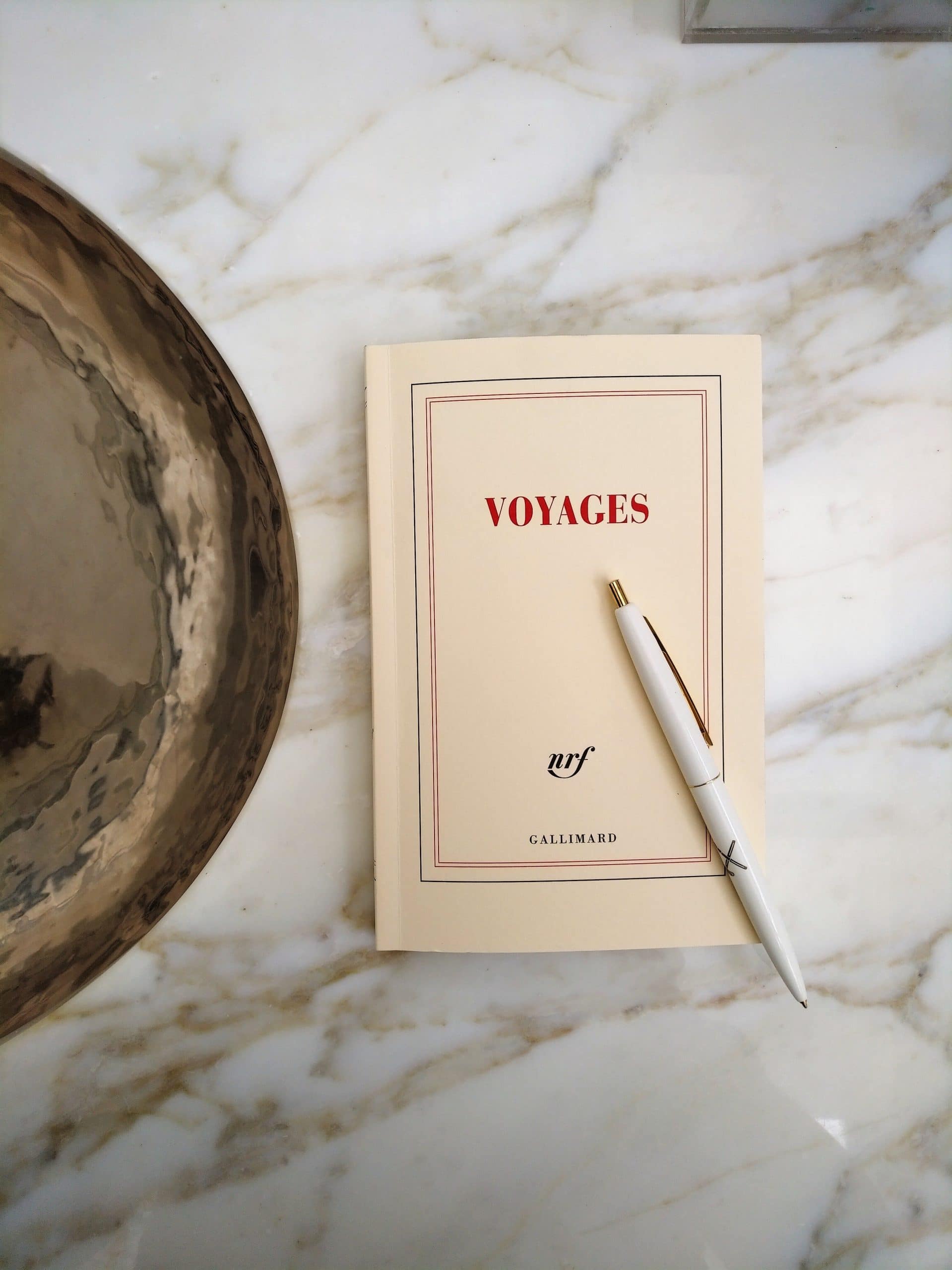“In both professions (illustration and Personal Angel), creativity is essential”
We have interviewer Jesús Prudencio, the prestigious illustrator who has collaborated with us on one of our editiorials (as well as many more to come in the future…)
Editorial The Lifestyle Institute | Author: María José Núñez | October 2022
Jesús Prudencio is the author of the magnificent illustration of our editorial about the difference between Caretakers and Concierge. His long and prolific career as an illustrator for magazines such as monocle or M magazine for the French newspaper Le Monde led us to contact him and that he could embody, with his particular vision and creativity, this primordial distinction regarding our line of work. That’s exactly what happened – please feel free to take a sneak peek of the excellent end result! To thank him for his professionalism and excellent work, we wanted to talk to him about his creative process and inspiration – two fundamental aspects of his career (design), as well as ours (lifestyle management). We invite you to take a look!
(Sigue en español)
-What has your collaboration with Alberta La Grup and The Lifestyle Institute involved?
It has involved the creation of an illustration that demonstrated the difference between a Concierge and a Caretaker. I really hope it won’t be the last one!
– How would you express the importance of CREATIVITY in the different areas of life, and of course, in your professional life?
Creativity has been, and continues to be, very important for the evolution of humanity. Creativity brings us solutions and ideas that make society move forward. Anyone can be creative – to do so, we just need to dare to think differently and challenge ourselves on a daily basis. Of course, it’s also very important in my professional life. Creativity is key to solving problems and being able to put forward different solutions.
.
“Creativity is key to solving problems and being able to put forward different solutions”
– You collaborate with Monocle, the British magazine specialized in lifestyle, which is a big draw to wanting to work with you… Where do you get inspiration for your illustrations from, both those you do for magazines to those you do for clients like us?
Yes, I have worked with them on several occasions. So that I can work on each illustration, the clients sends me a briefing which is basically a series of instructions regarding what they want.
A goof briefing is very important, as well a the communication with the client. Both my illustrations for Monocle and the one done for you are products of a good briefing. Once I have the briefing, I start to work on them.
I find inspiration everywhere: it could come to you when working, studying, reading, investigating, looking around…
– Finally, could you tell us about your creative process? Once you are inspired, how does the work evolve?
Based on the briefing, I carry out an investigation and some documentation. Then I create a mood board or a map of inspiration in which I select images that could be a point of reference for my illustration. Based on the mood board, I start to do some mock-ups. Once I start doing the mock-ups, I keep changing them until I have something that is convincing and fits the briefing. After, I show the mock-ups to the client. Their feedback is very important in order to be able to adapt to what they want and afterwards I carry out a round of revisions. After the revisions, I would share the final approved version with the client.
-Do you think Personal Angels and your profession are linked somehow? Both involve some craftsmanship and knowhow… The Personal Angel is based on ‘service craftsmanship’ and, finally, CREATIVITY is essential for both. Do you agree with this?
Yes, they definitely share some common ground and of course, in both cases creativity is essential.
About Jesús
Jesús Prudencio studied Graphic Design and Seville University. On finishing his degree, he was working at various design studios as well as setting up his own with a follow student at the university. He is currently a freelance graphic designer and illustrator. As a freelancer, he has worked with various advertising agencies such as Bassat & Ogilvy (Spain), Arnold (USA), DDB Tandem (Spain), TRIBAL (UK), Blue Hive Canada (Canada) or Metric Design (Norway) and with different magazines such as Monocle magazine (UK), GQ (Germany and Japan), Le Parisien Week-End (France) or in the M magazine from the Le Monde newspaper (France).
Copyright ©by Alberta La Grup
If you wish to re-print this article or photos, that’s fine. Just include the biography at the end of the article. Thank you!
Translation: Emily Benton
“En ambas profesiones (ilustrador y Personal Angel), la creatividad es esencial”
Entrevistamos a Jesús Prudencio, el prestigioso ilustrador que ha colaborado con nosotros en uno de nuestros editoriales (y los que vendrán…)
Editorial The Lifestyle Institute | Autora: María José Núñez | Octubre 2022
Jesús Prudencio es el artífice de la magnífica ilustración de nuestro editorial sobre la diferencia entre Concierge y Conserje. Su larga y prolífica carrera como ilustrador en revistas de la talla de Monocle o el magazine M del diario francés Le Monde nos llevaron a contactar con él y ponernos en sus manos para que plasmara, con su particular visión y creatividad, lo que para nosotros es una distinción primordial para entender nuestro trabajo. ¡Y así fue y a la vista está, si queréis echarle un vistazo previamente al excelente resultado obtenido! Para agradecerle su profesionalidad y buen hacer, quisimos tener una charla con él acerca del proceso creativo y la inspiración, fundamentales tanto en su vocación (el diseño) como en la nuestra (el lifestyle management). ¡Te invitamos a leerla!
-¿En qué ha consistido tu colaboración con Alberta la Grup y The Lifestyle Institute?
Ha consistido en realizar una ilustración en la que se viera la diferencia entre Concierge y Conserje. Y espero que no sea la última.
– ¿Cómo podrías expresar la importancia de la CREATIVIDAD en todos los ámbitos de la vida, y por supuesto, de la vida profesional?
La creatividad ha sido y es muy importante para la evolución de la humanidad. La creatividad nos aporta soluciones e ideas que hacen que nuestra sociedad avance. Cualquier persona puede ser creativa; para ello tenemos que atrevernos a pensar diferente y desafiarnos a nosotros mismos en nuestro día a día. Y por supuesto, es muy importante en la vida profesional. La creatividad es la base para solucionar problemas y poder plantear diferentes soluciones.
“La creatividad es muy importante en la vida profesional; es la base para solucionar problemas y plantear diversas soluciones”
– Colaboras con Monocle, la revista británica especializada en lifestyle, una razón de peso para contar contigo… ¿De dónde extraes la inspiración para tus ilustraciones, tanto de este magazine de cabecera como con nosotros?
Sí, he colaborado varias veces con ellos. Para ponerme a trabajar en la ilustración el cliente me envía un briefing, una serie de instrucciones de lo que quiere el cliente.
Un buen briefing es muy importante, al igual que la comunicación con el cliente. Tanto mis ilustraciones para Monocle como para vosotros parten de un buen briefing; y a partir de ahí me pongo a trabajar en ellas.
La inspiración está por todos lados; te puede venir trabajando, estudiando, leyendo, investigando, mirando…
–Y por último, ¿nos podrías hablar de tu proceso creativo? Una vez te llega la inspiración, ¿cómo transcurre la evolución de tu trabajo?
En base al briefing realizo una investigación y documentación previa. Después, creo un moodboard o mapa de inspiración, en el que selecciono imágenes que me pueden servir de referencia para la ilustración, y en base a ese moodboard, me pongo a realizar bocetos previos. A medida que voy realizando bocetos, voy cambiando hasta que tengo alguno que me convence y que se adapte al briefing. Después de mostrarle esos bocetos al cliente es muy importante su feedback para ajustarme a lo que ellos quieren, y después, hacer una ronda de revisiones. Después de esa ronda de revisiones se llega a la ilustración definitiva aprobada por el cliente.
-De alguna manera, la profesión de Personal Angel y la tuya están ligadas. Ambas suponen una artesanía, un saber hacer… El Personal Angel se basa en una ‘artesanía del servicio’, y al final, en ambas la CREATIVIDAD es esencial. ¿Estás de acuerdo en ello?
Sí, tienen algún punto en común, y por supuesto, para ambas la creatividad es esencial.
Su trayectoria
Jesús Prudencio estudió la licenciatura de Bellas Artes en Diseño Gráfico y Grabado en la Universidad de Sevilla. Cuando terminó la carrera estuvo en diferentes estudios de diseño y también creando uno propio con una compañera de Facultad. Actualmente es diseñador gráfico e ilustrador freelance, colaborando Como freelance ha trabajado para diversas agencias de publicidad como Bassat & Ogilvy (España), Arnold (USA), DDB Tandem (España), TRIBAL (UK), Blue Hive Canada (Canadá) o Metric Design (Noruega) y en diversas revistas como Monocle magazine (UK), GQ (Alemania y Japón), Le Parisien Week-End (Francia) o en el magazine M del periódico Le Monde (Francia).
Copyright ©by Alberta La Grup
If you wish to re-print this article or photos, that’s fine. Just include the biography at the end of the article. Thank you!
Traducción: Emily Benton

